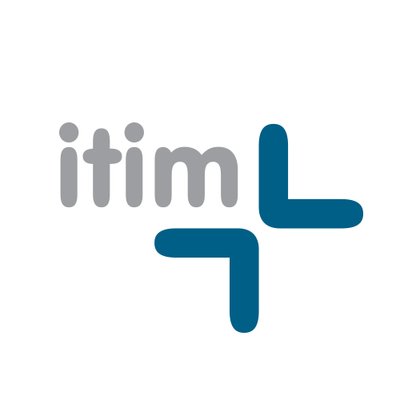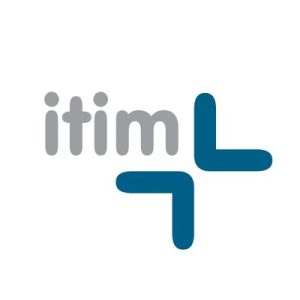The retail landscape is experiencing rapid transformation across various areas such as artificial intelligence, demographic changes, social commerce, and contactless payments. Retailers are now adapting to fundamental shifts in how consumers navigate their path to purchase. A report titled “Retail Reinvention: A Framework for Future Growth,” by Euromonitor International in collaboration with the National Retail Federation, highlights three major areas of transformation: new business models, expanded channels, and evolving shopper expectations.
Although retail continues to focus on delivering the right product at the right price, the methods of doing so have significantly changed. The digital era has opened doors to new business models like direct-to-consumer (DTC), marketplaces, and social commerce. According to Michelle Evans, the global lead of retail and digital consumer insights at Euromonitor International, social platforms, which originally did not engage in retail, are now vying for consumers’ attention and spending power. For example, in 2023, 17% of U.S. ecommerce sales came from DTC channels, with social commerce expected to grow significantly in the coming years. In addition to new players in the market, traditional retailers are expanding into different spaces, including online marketplaces and retail media, blurring the lines between retail and other industries.
The merging of physical and digital shopping experiences has become increasingly seamless, with consumers effortlessly transitioning between different platforms and technologies during their shopping journeys. Options like buy online, pick up in-store, curbside collection, or scan-as-you-go are now common. Even in a physical retail segment like grocery shopping, 58% of consumers use digital devices to browse and shop, as revealed by Euromonitor’s 2024 Digital Survey. This ease of access, alongside services like meal delivery and grocery delivery, is reshaping consumers’ perception of convenience and value, increasing the expectations for both physical and digital shopping experiences.
Moreover, shoppers today expect retailers to be more responsive and attuned to their preferences and values. Social media has amplified consumer voices, shifting the power dynamic between retailers and shoppers. Many consumers interact with brands on social platforms through follows, likes, and direct feedback, with this behaviour more prevalent among digitally savvy customers. Consumers now hold greater influence over brands, and they are well aware of the power they wield in shaping retail trends.
The evolving retail environment is defined by technological integration, new business models, and rising consumer expectations. Retailers must continue to adapt in order to remain relevant and meet the ever-changing demands of modern shoppers.
itim Group plc (LON:ITIM) is a SaaS-based technology company that enables store-based retailers to optimise their businesses to improve financial performance and effectively compete with online competitors. Itim adds retail value by helping multi-channel retailers optimise their business and their stores to improve financial performance and compete more effectively with the “Amazons”.


